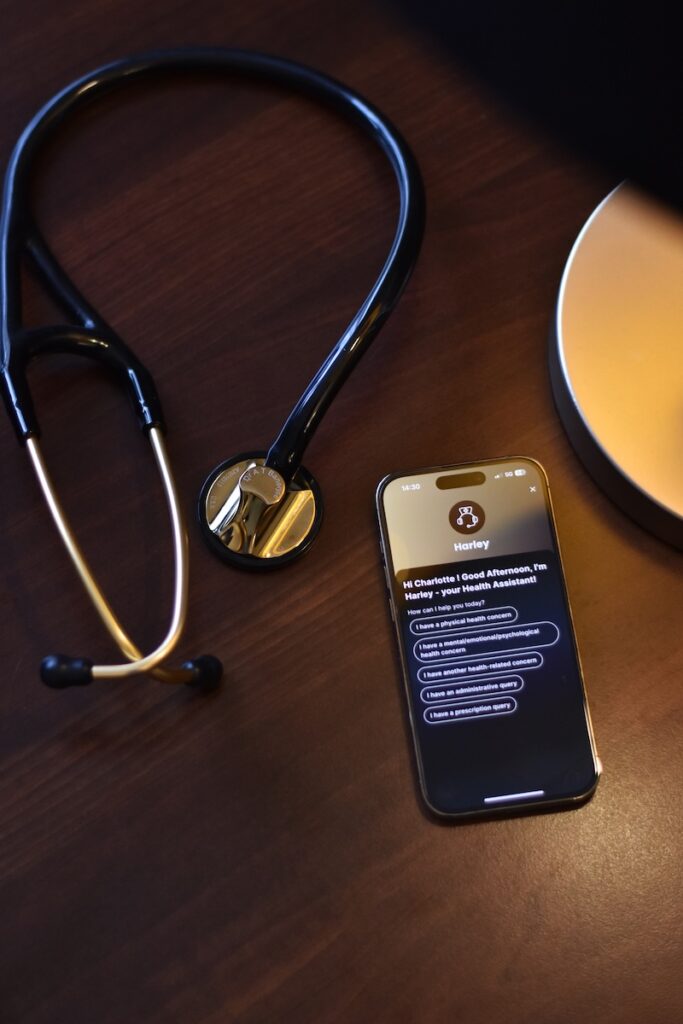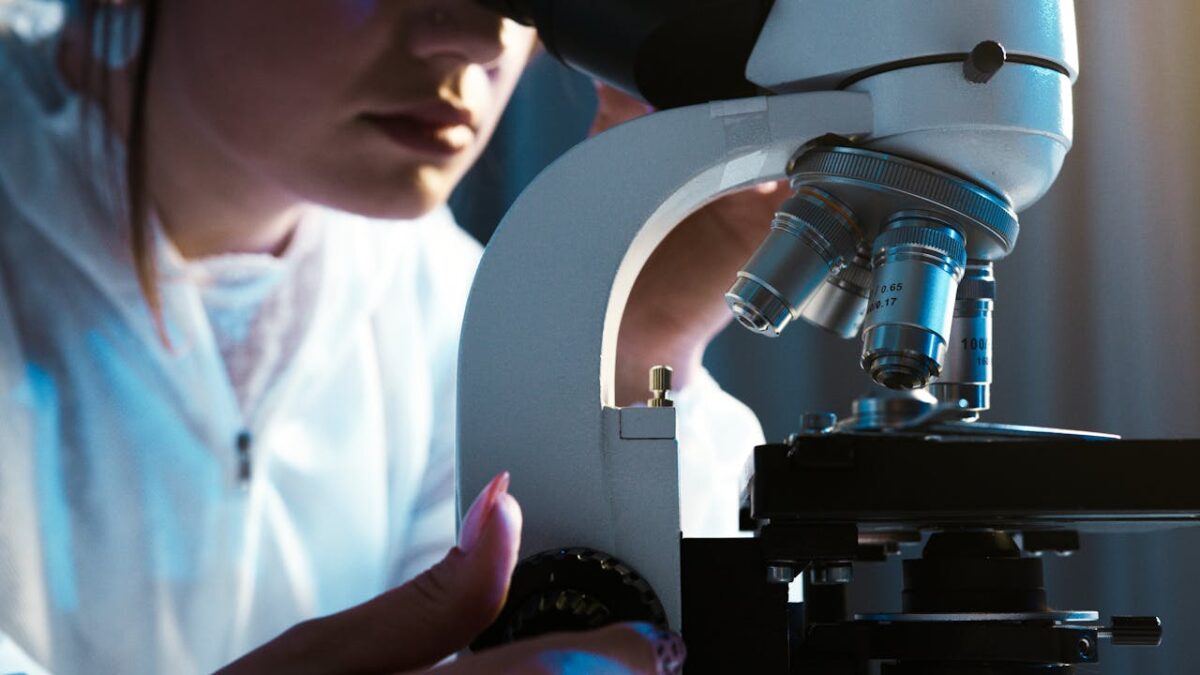The Future of Medicine: Epigenetics and AI
At LadyCPR, we continue to spotlight the innovations reshaping the medical and wellness industries. Among the most fascinating developments today is the convergence of epigenetics and artificial intelligence (AI), two fields that together could transform how we understand, prevent and manage disease, ageing and wellbeing.
Understanding Epigenetics
Epigenetics explores how our environment, lifestyle and experiences influence the way our genes are expressed, without altering the DNA sequence itself. Factors such as diet, stress, sleep and exposure to toxins can all switch genes on or off through mechanisms like DNA methylation and histone modification.
This means that our biology is not fixed; it adapts continuously to how we live. For medicine, this presents a groundbreaking shift: the ability to understand and even modulate gene activity to improve health, enhance longevity and delay age-related decline.
For those in aesthetic or regenerative medicine, it also reframes the conversation around ageing. Rather than focusing solely on external results, practitioners can begin to address the molecular changes that underpin how the body looks, heals and performs.

Where Artificial Intelligence Comes In
The complexity of epigenetic data, involving millions of molecular markers, makes it almost impossible to interpret without computational support. AI and machine learning are now stepping in to decode this information, identifying hidden patterns and predicting how gene expression relates to health outcomes.
AI is already being used to develop epigenetic clocks, tools that measure biological rather than chronological age. These models can reveal how lifestyle choices, stress or treatments influence the rate at which we age on a cellular level.
For the wider medical field, AI-driven epigenetics could soon enable clinicians to predict disease risk earlier, personalise therapies, and monitor patient response in real time, a major leap forward for precision and preventive healthcare. Our client HarleyDoc‘s AI-based app uses this technology to aid patients in early detection and to aid doctors in real-time diagnosis.


The Promise of Personalised and Preventive Care
LadyCPR observes that this fusion of science and technology perfectly aligns with medicine’s shift towards individualised health strategies. Instead of generic advice, clinicians can use epigenetic insights to tailor recommendations to each patient’s biology and environment.
In the near future, a patient’s epigenetic profile could inform everything from skincare formulations to nutritional plans, hormone therapy or longevity interventions. By combining data analysis with medical expertise, treatments will become not only more effective but also more sustainable, improving long-term outcomes rather than offering short-term fixes.
This evolution also has clear implications for the aesthetics industry, where well-being and appearance increasingly overlap. By understanding how cellular health affects visible ageing, practitioners can deliver results that support the body from the inside out.

Challenges and Ethical Considerations
While the potential is extraordinary, the field remains in its early stages. AI’s accuracy depends on the quality and diversity of the data it analyses, and many current studies are still in research phases.
Ethical questions also arise around data privacy, transparency, and equity of access. Epigenetic and AI-based profiling involves deeply personal information, requiring robust safeguards to protect patient trust. LadyCPR believes that responsible communication and regulation will be essential to ensure these technologies are used ethically, effectively and inclusively.
The Importance of Communication and Collaboration
Scientific innovation is only as powerful as the public’s understanding of it. As these technologies advance, we recognise a growing need for clear, accurate communication within the medical sector.
Translating complex science into accessible, credible messaging is vital, not only to inform patients, but to build confidence in practitioners and brands leading this change. LadyCPR continues to support healthcare innovators, clinics and medical technology companies in articulating their advancements in a way that is engaging, responsible and forward-thinking.

Looking Ahead
The convergence of epigenetics and AI represents one of the most promising frontiers in modern medicine. Together, they hold the potential to redefine ageing, disease prevention and the future of personalised health.
For LadyCPR, this isn’t just a scientific revolution; it’s a communication opportunity. As the boundaries between technology and biology continue to blur, the medical industry will need strong, informed voices to interpret these shifts with clarity and purpose. LadyCPR remains committed to amplifying those voices, helping the world understand how science, data and human insight can work together to create a smarter, more proactive future for health and wellbeing.
For more insights and updates on the medical market, be sure to follow our blog at LadyCPR.
Contact Information
Waylands Well, Farnham Lane, Haslemere, Surrey, GU27 1HG
